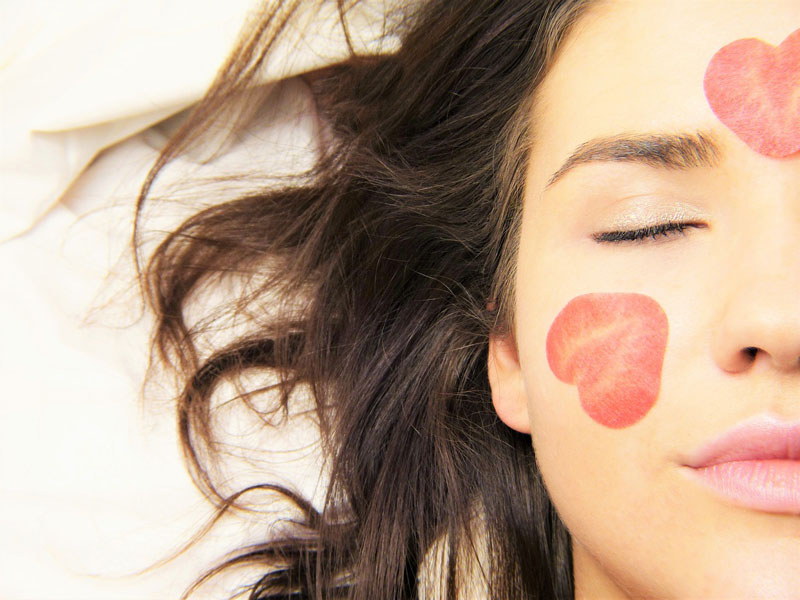
Eat your way to a naturally glowing Skin
What is Beauty?
If we were to compare beauty ideals from around the world we would come across very different facial and body shapes. But there is one thing we all have in common and this happens on a more subconscious level.
When we are looking for a partner to share our life with we are subconsciously looking for immune diversity and health.
Flawless looking, glowing skin has always been a telltale sign for health. Even with the strictest beauty product regime, this effect is very hard to achieve on a poor diet.
Gut Health is crucial for healthy skin and I would like to share my tips with you how you can achieve naturally glowing skin.
One thing I would like you to understand before we dive into the nitty-gritty is that your skin can be nourished from the inside and the outside.
While most of us have tried many different brands and products until we found something that worked for us only some explore more natural alternatives including diet changes.
I always found the concept of eating nourishing food in order to be healthy easy to comprehend. Nonetheless, it took me many years to apply this concept to my skincare regime. In one of my previous posts, I have been talking about Why I Decided To Switch To Natural Skin Care Products & You Should Too.
Many modern beauty products contain hormone-disrupting chemicals and are yet being sold. I am not saying that all modern skin care products are bad but I would like you to be conscious of what you put onto/into your body.
The Skin absorbs ingredients much quicker than our gut and many ingredients are able to enter the bloodstream without any filtration.
Causes of Ageing
How to prevent Photoaging
For many years it has been drilled into us to avoid sun exposure at all costs. We started smothering SPF 50 onto ourselves and children even on cloudy days and deprived our bodies of building Vitamin D. In the last couple of years, there has been an increase in rickets which wasn’t heard of in many years.
Rickets is a bone disorder caused by a deficiency of vitamin D, calcium, or phosphate. Rickets leads to softening and weakening of the bones and is seen most commonly in children 6-24 months of age. Vitamin D is a fat-soluble vitamin that is essential for the normal formation of bones and teeth and necessary for the appropriate absorption of calcium and phosphorus from the bowels.
It occurs naturally in very small quantities in some foods such as saltwater fish (salmon, sardines, herring, and fish-liver oils). Vitamin D is also naturally synthesized by skin cells in response to sunlight exposure. It is necessary for the appropriate absorption of calcium from the gut. (1)
Sorry, I got a bit sidetracked there, let’s go back to talking about Vitamin D in terms of skin health.
Vitamin D
- Helps to regulate Collagen Remodelling (boosts elasticity)
- Regulates Sebum & Oestrogen Production (Anti-Wrinkle)
- Regulates Circadian Rhythm by releasing Melatonin (our most powerful Antioxidant)
- Is Anti-Bacterial, Anti-Fungal & Anti-Viral
Where to get Vitamin D?
Sensible Sun Exposure around mid-day, 10—15 mins a day depending on your skin type. The UVB in sunlight is what triggers your body to produce vitamin D.
I firmly believe getting regular, sensible sun exposure is the ideal way to not only optimise your vitamin D level but maximize your health as well because sunlight also has many other important health functions.
Always avoid sunburn. Once your skin develops the slightest tint of pink, cover up with clothing and apply sunscreen to avoid further exposure. (2)
Combine sensible sun exposure with a nutrient-rich diet to slow down photoaging.
What Sunscreen is the best?
For many years now, people have been categorising sunscreens into two groups, physical and chemical.
Chemical sunscreens are made in the laboratory and are likely to contain cinnamates, oxybenzone, etc. They reduce sun damage by absorbing UV rays and robbing them of their harmful power.
Physical sunscreens, on the other hand like zinc oxide and titanium dioxide, are made of natural elements found on the earth, and are said to “block” or “scatter” UV rays so they don’t penetrate the skin in the first place.
Later research showed this wasn’t entirely true, physical sunscreens absorb UV rays as well but they do retain some scattering ability, depending on the size of the UV wavelength.
It all gets very scientific, but in general, physical sunscreens are considered to be the safer options because they offer a more broad-spectrum protection and lack the hormone-disrupting effects.
Eat the Rainbow
Antioxidants protect the Skin from Free Radical Damage (Too much Sun, Smoking, Pollution)
What is Collagen?
Now, since I have mentioned that Vitamin D is responsible for collagen remodelling let’s have a look at what collagen is.
You can imagine it as some kind of spiderweb and as long as it is intact your skin looks nice and plump. Once your body stops recycling the actual fibres the web becomes less dense and the first wrinkles start to appear.
To build Collagen we need Amino Acids (Glycine & Proline), Vitamin C, Zinc and Copper.
Proline and Glycine are found in Bone Broth, Chicken Skin, Meat with Connective Tissue. You can find small amounts in plant-based sources such as Beans, Spinach, Kale, Cauliflower, Cabbage and Pumpkin, plus Fruits like Banana and Kiwi.
Vitamin C
The antioxidant properties of wholefoods Vitamin C and its role in collagen synthesis make vitamin C a vital molecule for skin health. Dietary and topical Vitamin C have beneficial effects on skin cells, and some studies have shown that Vitamin C may help prevent and treat ultraviolet (UV)-induced photodamage. However, due to limited research, we don’t fully understand the effects of Vitamin C in the skin just yet.(3)
Good sources of Wholefood Vitamin C are Sauerkraut (Red Cabbage Sauerkraut With Horseradish And Apple Recipe), Mulberries, Black Currant, Blackberries, Strawberries, Broccoli, Oranges and Sweet Potatoes.
Zinc and Copper
Zinc to support healthy collagen production by serving as a co-factor for collagen production, this means that it activates proteins essential for collagen synthesis. It also activates a protein called collagenase that allows your cells to remodel collagen.
Copper activates an enzyme called lysyl oxidase that’s required for collagen maturation. Active lysyl oxidase cross-links collagen fibres with other supportive fibres, helping to form the scaffold that supports your skin and soft tissues. Because of its role in collagen production, copper also keeps your bones, heart and blood vessels healthy.
To express it overly simplistic Zinc creates collagen fibres – Copper links them.
Very important is also the ratio between Zinc and Copper. Many people who eat mostly processed food have a too high Copper to Zinc ratio.
Zinc also regulates the function of the Sebaceous Glands which can cause acne in case of an overproduction. Furthermore, it helps to repair skin damage.
Good sources of Zinc are Almonds, Spinach, Asparagus, Salmon, Red Meat, Cacao, Oysters, Chicken, Liver and Pumpkin Seeds.
Collagen Wreckers
- Excess Oestrogen over Progesterone (Ratio)
- Elevated Cortisol -> Stress causes Inflammation
- Nutrient Deficiencies
- Excess Sugar -> AGE’s
- Oxidised Vegetable Oils (Free Radicals)
- Crash Dieting
Stress
Constant Stress wrecks havoc in our bodies by causing inflammation and the release of Catabolic Cortisol. Catabolic Cortisol tears down tissue which then causes premature ageing.
For many years I have been trying to get my own health struggles under control and saw big improvements after changing my diet. Yet, there was one thing I couldn’t seem to get rid off, my hormonal acne and dull looking skin. I started practising yoga and meditation and learned to say “No” and only then my skin got better.
A nutrient-rich diet can’t make up for a stressful lifestyle. Some people joke that all it does is making you more efficient at being stressed. But jokes aside, these things work synergistically and you will need to address food, movement, sleep and relaxation in order to reap the benefits.
Learn to Relax: Try Breathing Techniques, Yoga, Meditation, going for a walk and Weekly Epsom Salt Baths
Eat Foods rich in Magnesium: Green Leafy Vegetables, Wholegrains, Avocado, Almonds, Banana and Maca.
Vitamin A
Vitamin A plays a major role in cellular renewal and healthy skin. This vitamin comes from both animal and plant sources, with retinoids being the animal source and carotenoids, the plant source.
Topical applications of Vitamin A can boost collagen levels and improve the texture of your skin. A wide range of anti-wrinkle creams uses Retin A, a form of retinoid. Retinoids encourage the reconstruction of collagen and remove dead skin cells from the stratum corneum or top layer of the epidermis to reveal new skin underneath.
Alcohol consumption and smoking cigarettes can lead to Vitamin A deficiencies, therefore, it’s important to make sure you are getting enough in your diet.
We often see a Vitamin A deficiency in people with severe acne or children with little “bumps” on the back of their arms that look like chicken skin.
You will find Carotenoids in fruits and vegetables containing beta-carotene, which your body converts to vitamin A. Carrots, spinach, tomatoes, mangoes and apricots are all good sources of beta-carotene. Vitamin A is found in Butter, Liver & Eggs.
Vitamin E
Because Vitamin E is an Anti-Oxidant it provides protection against free radicals and premature ageing caused by sun damage and environmental pollutants.
It also works with vitamin C to help reconstruct collagen and keep your skin youthful and able to retain moisture and firmness.
A diet deficient in vitamin E can result in acne, miscarriage, cancers, anaemia and gallstones.
It can ease the discomfort of painful swollen joints and aid circulation. Eating excess amounts of processed, fried and fatty foods can lead to Vitamin E deficiencies.
Eat foods such as nuts, avocado, spinach, whole grains and seafood to up your vitamin E intake.
Healthy Fats
Omega 3 Fatty Acids are essential which means that our body can’t produce them.
They are a natural moisturiser for the skin keeping it supple and improving elasticity. I can tell you this from first-hand experience when I stop taking my Omega 3 supplements the skin on my legs goes that dry that it literally starts to flake off.
Omega 3 Fatty Acids contain Anti-Inflammatory properties and may help with Eczema and Psoriasis.
Good sources of Omega 3 fatty acids are: Oily Fish (Wild Caught Alaskan Salmon, Mackerel, Trout, Sardines, Anchovies), Walnuts, Chia Seeds & Flax Seeds, Eggs
Other Healthy Oils (not Omega 3): Extra Virgin Olive Oil, Avocado Oil & Coconut Oil
Stay Hydrated
Our skin needs moisture to stay flexible. Even mild dehydration will cause your skin to look dry, tired and slightly grey.
Try to drink six to eight glasses of water a day. If you find it’s flavour boring infuse it with Berries, Cucumber, Lemon, Mint or Rosemary. Herbal Teas also count towards your 6-8 glasses goal.
If you find it difficult to drink this much, keep a large bottle of water on your desk and put times on the bottle with a marker. By looking at your watch you will know if you have drunk the required amount.
Do’s and Don’ts for a Healthy Skin
Do’s
- Eat the Rainbow and Foods with a Low GI such as Pulses, Beans & Porridge
- Opt for Wholefoods (Brown instead of White)
- Include Anti-Inflammatory Herbs & Spices such as Turmeric, Ginger, Cumin, Fennel, Rosemary & Garlic in your diet
Don’ts
- Don’t Eat Processed Food -> Foods High in Sugar and Oxidised Fats cause Inflammation and Infection of the Sebaceous Glands resulting in Acne
- Don’t expect Overnight Miracles on average it takes 6 weeks for changes of the skin to become apparent.
Your turn
Please share your favourite beauty foods with me, I’m looking forward to reading your comments. If you would like to learn more about healthy eating and lifestyle personalised for you check out my Nutrition And Health Coaching Services.
For more updates follow me on Facebook, Twitter, Instagram, Pinterest or subscribe to my YouTube channel!
Disclaimer: This site is designed for educational purposes only and is not engaged in rendering medical or legal advice. If you feel that you have a medical problem, you should seek the advice of your physician or healthcare practitioner.
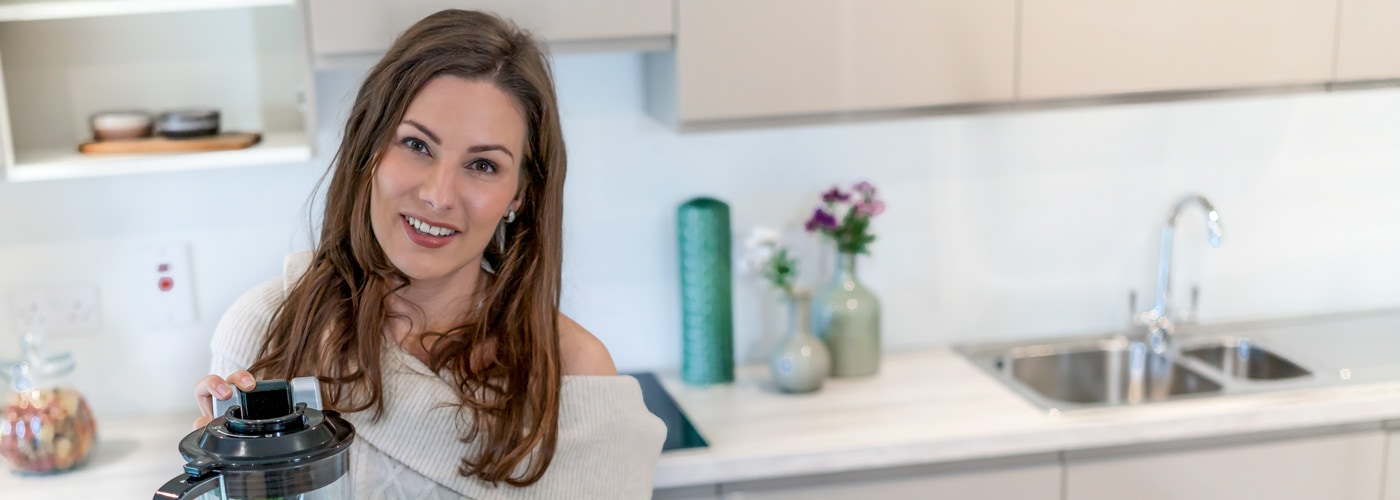

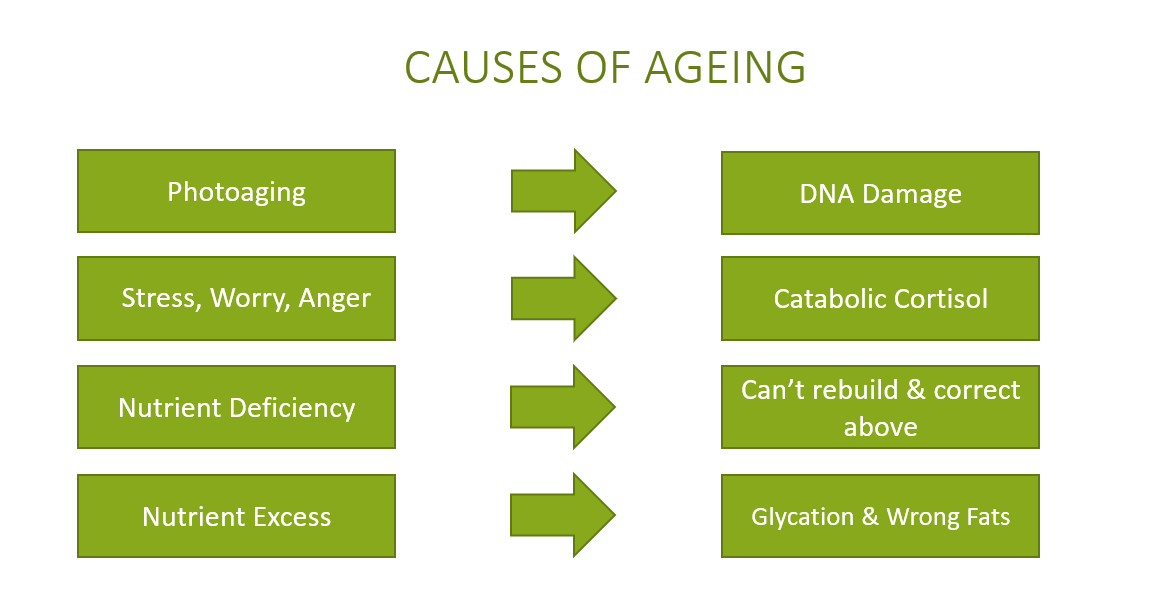


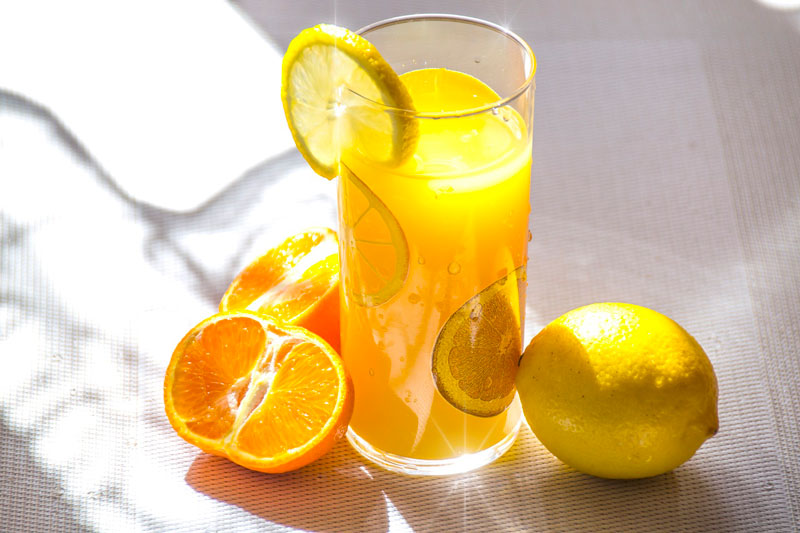


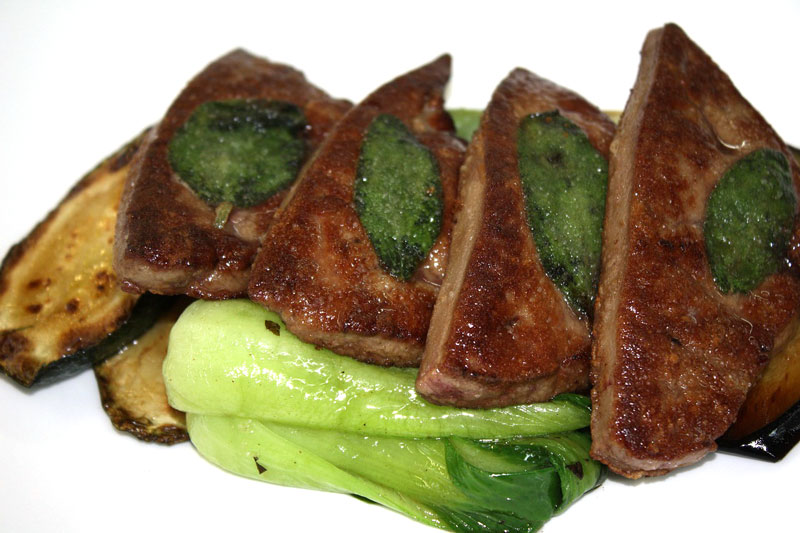

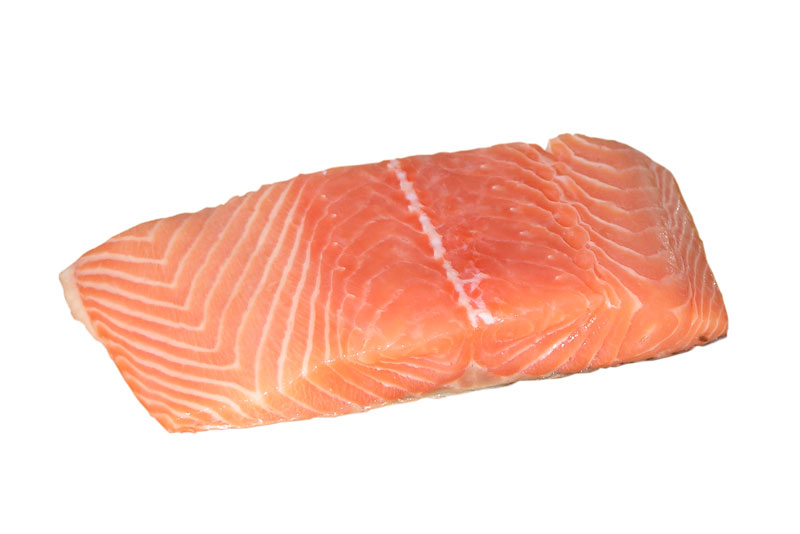
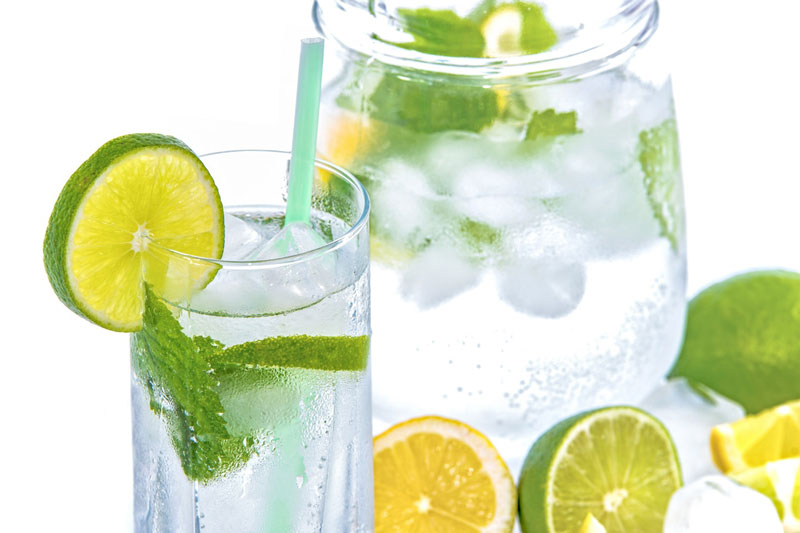



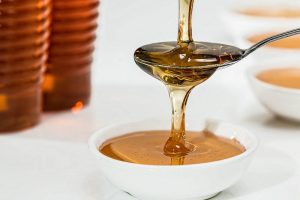



Over a period of time I have realised how much my lifestyle has pushed me to ignore many healthy aspects in life and now I am suffering from many skin issues. Your article is really helpful and i will start practising it from today. Thankyou